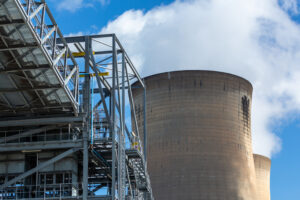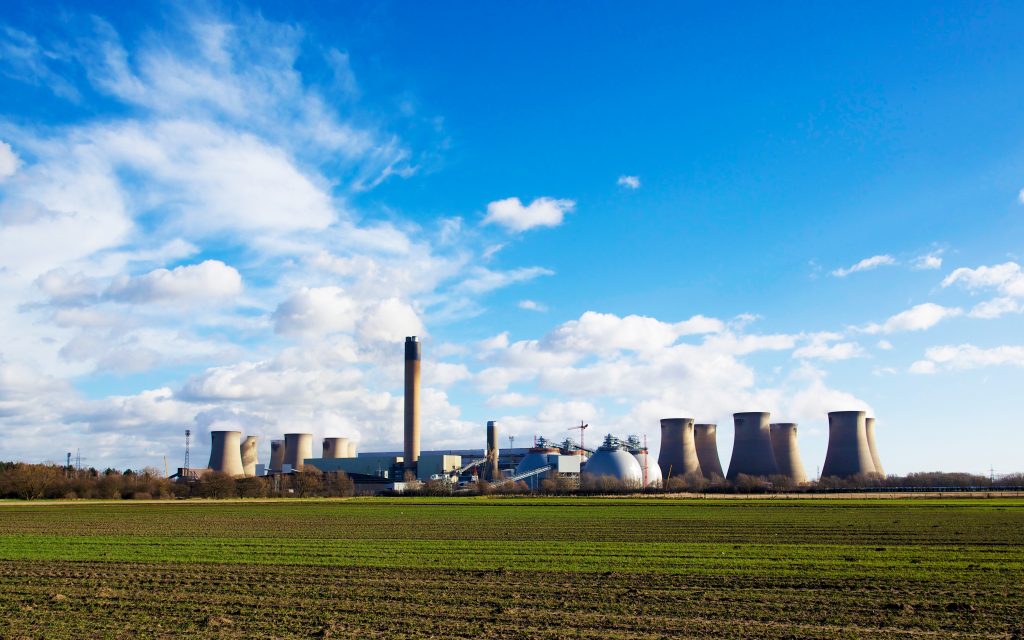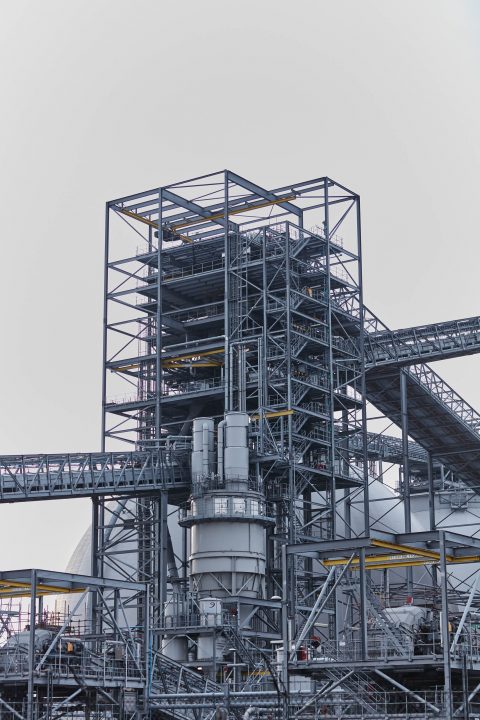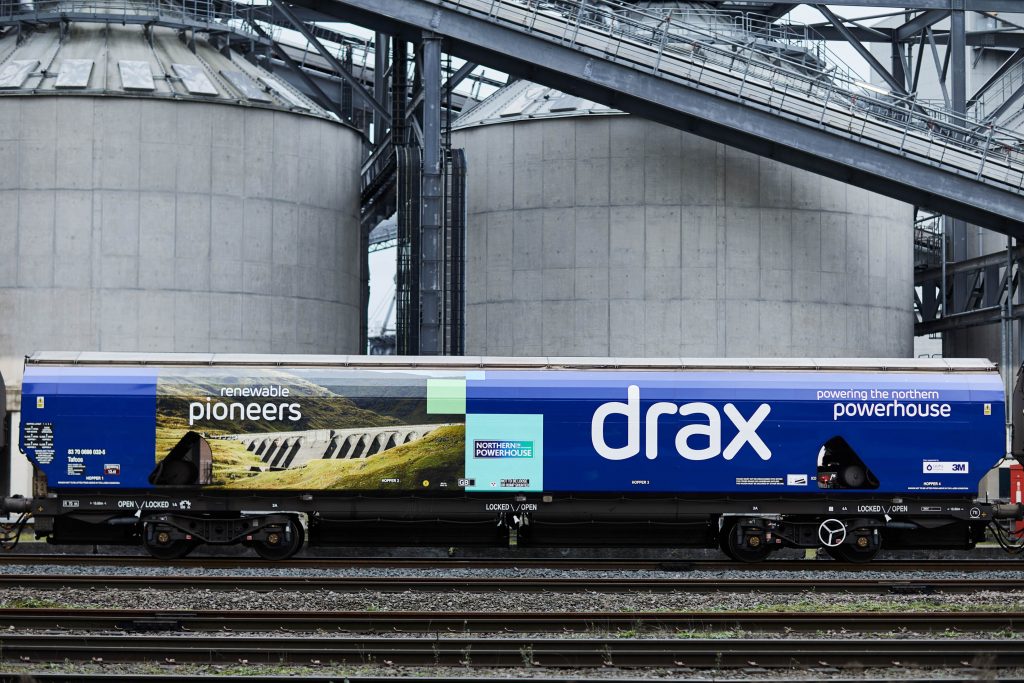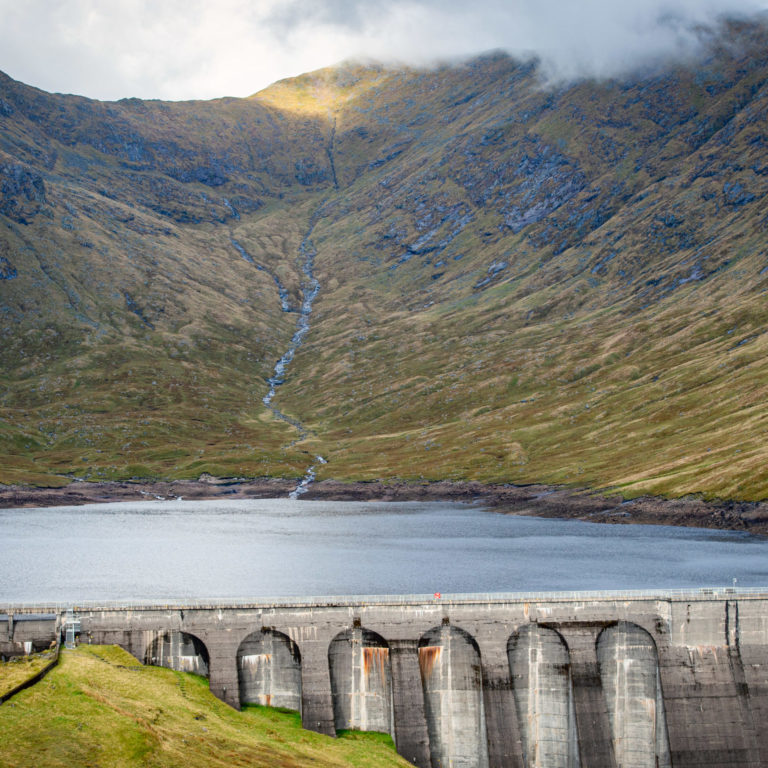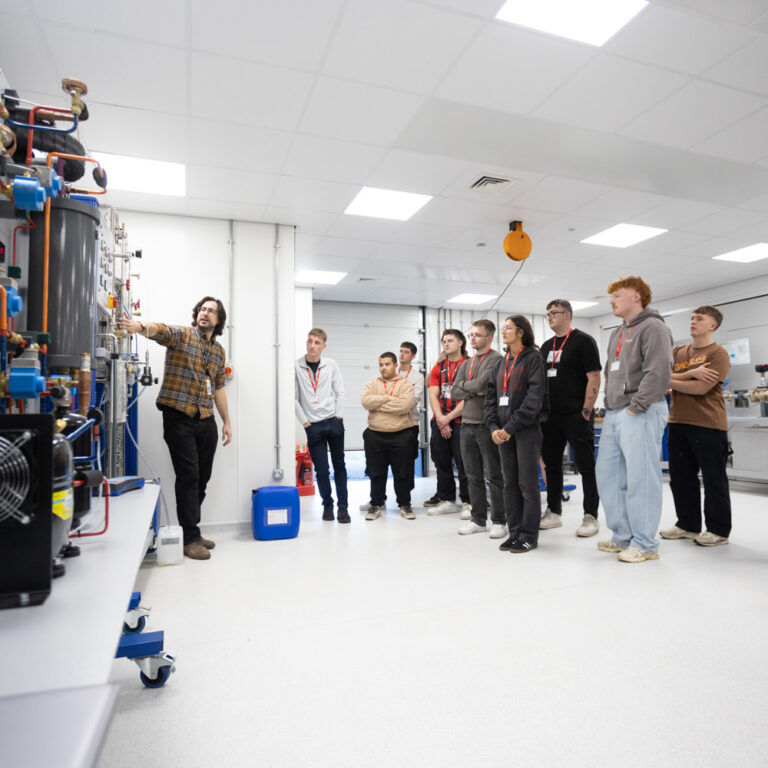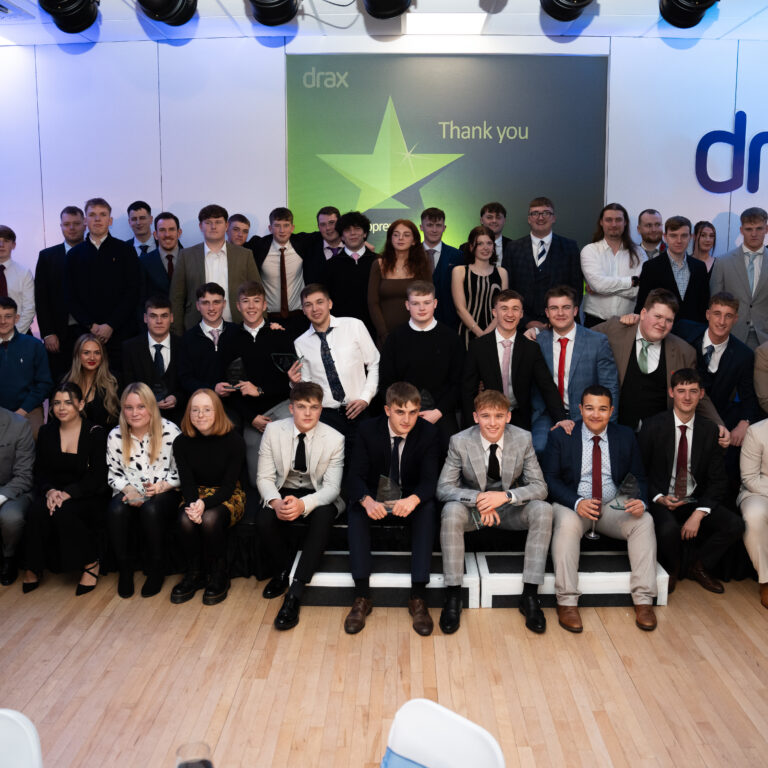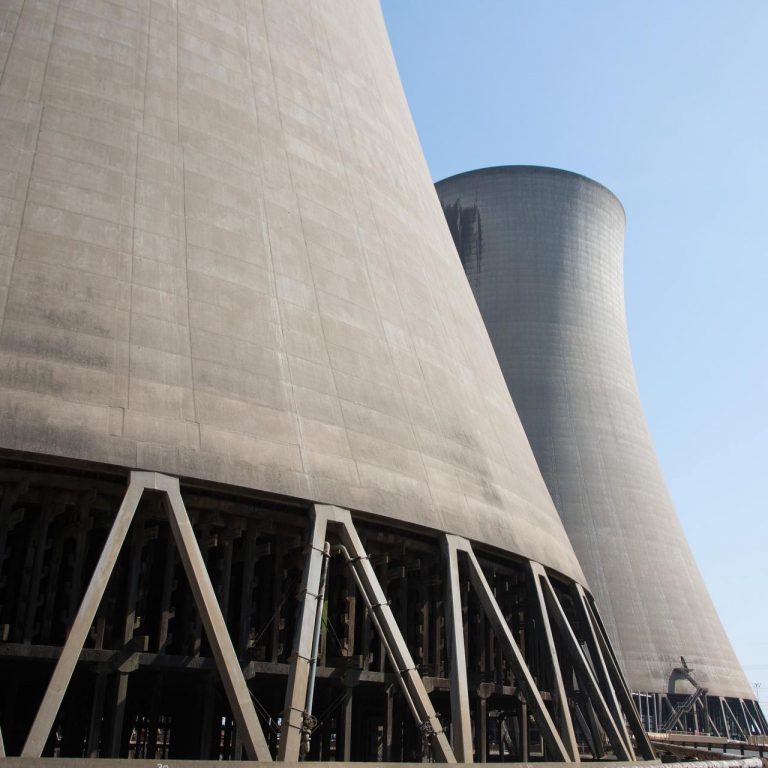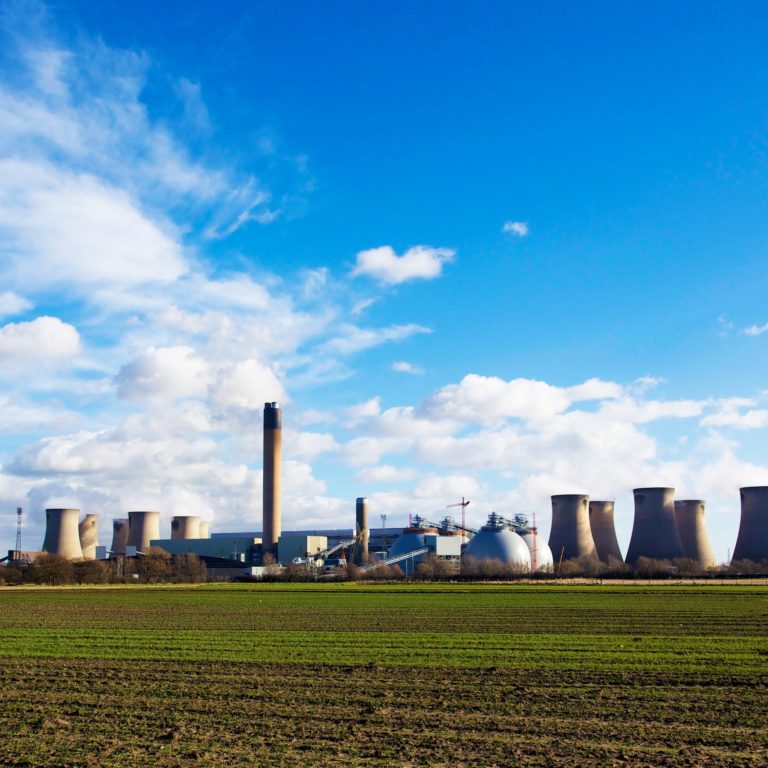-
Bioenergy with Carbon Capture and Storage (BECCS) is an essential negative emissions technology needed for the UK to meet its legally binding net zero by 2050 target and demonstrate global climate leadership.
-
Work to build BECCS could get underway at Drax as soon as 2024, creating tens of thousands of jobs and supporting a post-covid economic recovery
-
By 2027 Drax’s first BECCS unit could be operational, delivering the UK’s largest carbon capture project and permanently removing millions of tonnes of carbon dioxide from the atmosphere each year.
The energy company has already transformed its power station near Selby in North Yorkshire to become the largest decarbonisation project in Europe having converted it to use sustainable biomass instead of coal.
Now it has ambitions to go further by using BECCS to permanently remove millions of tonnes of CO2 each year from the atmosphere and create a negative carbon footprint for the company.
In order to deploy this cutting edge, negative emissions technology Drax must secure a Development Consent Order (DCO) from the government – a process which takes around two years to complete, and which will get underway in March.
Will Gardiner, Drax Group CEO said:
“Kickstarting the DCO process this March is a landmark moment in deploying BECCS at Drax and delivering against our ambition to be a carbon negative company by 2030.
“At Drax we are very proud of the great strides already made in transforming the business to become the UK’s largest single site renewable power generator, producing enough renewable electricity for up to four million homes and protecting thousands of jobs in the process.
“With BECCS we can go even further – we will be permanently removing millions of tonnes of CO2 from the atmosphere and making a significant contribution to efforts to address the climate emergency, whilst creating thousands of new jobs and supporting a post-covid, economic recovery.”
Drax recently announced the proposed acquisition of Pinnacle Renewable Energy Inc – a Canadian wood pellet producer. The deal, which is subject to shareholder and other approvals, would double Drax’s own biomass production capacity, in line with its strategy to increase self-supply, reduce costs and create a long term future for biomass – paving the way for the deployment of BECCS.
If successful in its DCO application, and subject to the right investment framework from government, work to build Drax’s first two BECCS units could get underway in 2024, ready to start capturing and storing up to eight million tonnes of CO2 a year.
The first phase of the DCO application process includes an informal public consultation during March, when people can provide comments on Drax’s proposals for BECCS via the project website.
Earlier this month Drax sold its four gas power stations and last week announced as part of its 2020 financial results that it will not be progressing plans to develop high efficiency gas power at the Drax site in North Yorkshire.The news comes a year after Drax said it would end almost 50 years of commercial coal-fired electricity generation at Drax Power Station in March 2021 and is aligned with its intention to focus on renewable generation from biomass and hydro.
ENDS
Media contacts:
Aidan Kerr
Drax Group Media Manager
E: [email protected]
T: 07849090368
Editor’s Notes
BECCS consultation:
- Due to covid restrictions, Drax’s BECCS DCO consultation events will take place online.
- Members of the public can find out more and provide comments on the proposals via live QA and chat events on:
- Tuesday March 9, 4pm to 8pm
- Thursday March 11, 4pm to 8pm
- Saturday March 13, 10am to 2pm
- Individual calls can also be booked with a member of the project team, on Tuesday March 23, via the website.
- The deadline for comments on the proposals is midnight on Sunday March 28, 2021.
- The feedback will be used to inform more detailed plans which will be subject to a formal consultation later in the year.
- Final plans are expected to be submitted to the Planning Inspectorate in 2022.
Drax is a founding member of the Zero Carbon Humber, a partnership of 12 leading businesses and organisations, which jointly submitted a public-private sector funded bid worth around £75m to the UK Government to establish a CCS and hydrogen economy in the Humber region.
As the UK’s most carbon intensive industrial region, the benefits of decarbonising the Humber would have the greatest impact on enabling the country to reach its legally binding net zero by 2050 target, whilst generating clean growth for the economy.
Deploying hydrogen production at scale for fuel-switching, as well as carbon capture to decarbonise gas power and other industries, alongside BECCS at Drax, could create and support tens of thousands of jobs in the Humber region at its peak in 2027.
About Drax
Drax Group’s purpose is to enable a zero carbon, lower cost energy future and in 2019 announced a world-leading ambition to be carbon negative by 2030, using Bioenergy with Carbon Capture and Storage (BECCS) technology.
Its 2,900 employees operate across three principal areas of activity – electricity generation, electricity sales to business customers and compressed wood pellet production.
Power generation:
Drax owns and operates a portfolio of renewable electricity generation assets in England and Scotland. The assets include the UK’s largest power station, based at Selby, North Yorkshire, which supplies five percent of the country’s electricity needs.
Having converted two thirds of Drax Power Station to use sustainable biomass instead of coal it has become the UK’s biggest renewable power generator and the largest decarbonisation project in Europe. It is also where Drax is piloting the groundbreaking negative emissions technology BECCS within its CCUS (Carbon Capture Utilisation and Storage) Incubation Area.
Its pumped storage, hydro and energy from waste assets in Scotland include Cruachan Power Station – a flexible pumped storage facility within the hollowed-out mountain Ben Cruachan.
Customers:
Through its two B2B energy supply brands, Haven Power and Opus Energy, Drax supplies energy to 250,000 businesses across Britain.
Pellet production:
Drax owns and operates three pellet mills in the US South which manufacture compressed wood pellets (biomass) produced from sustainably managed working forests. These pellet mills supply around 20% of the biomass used by Drax Power Station in North Yorkshire to generate flexible, renewable power for the UK’s homes and businesses.
For more information visit www.drax.com





